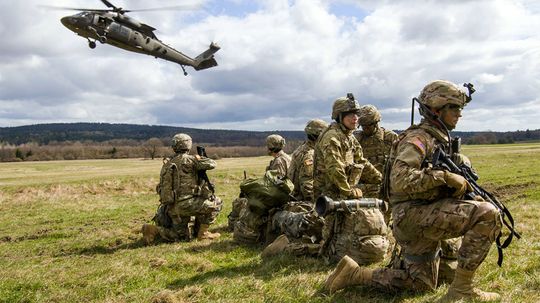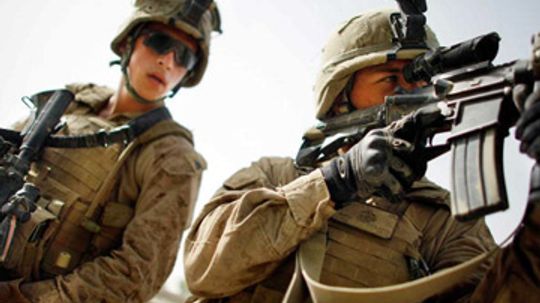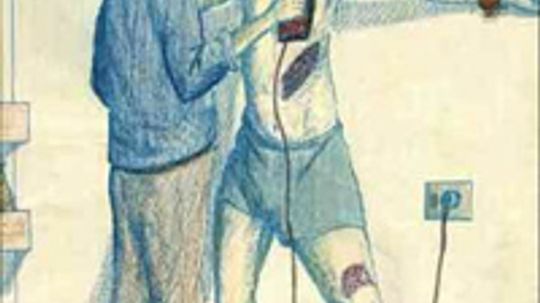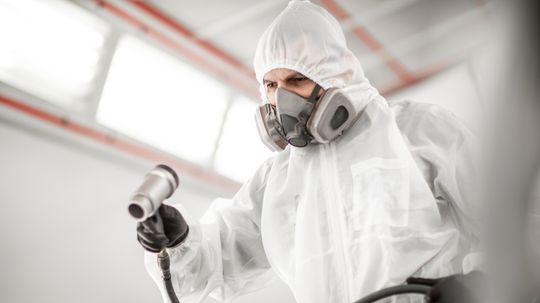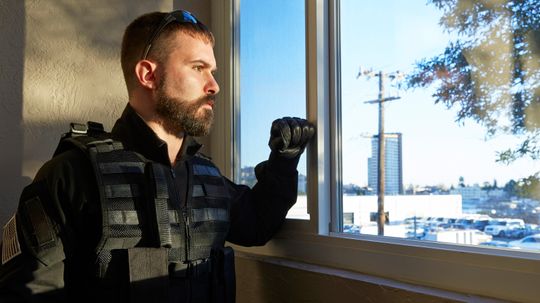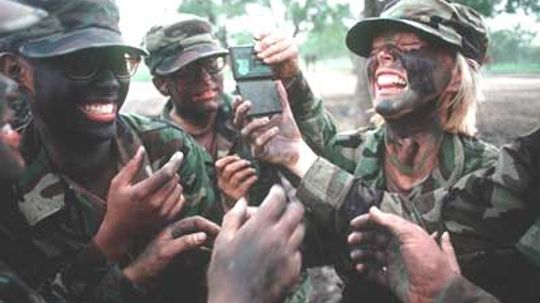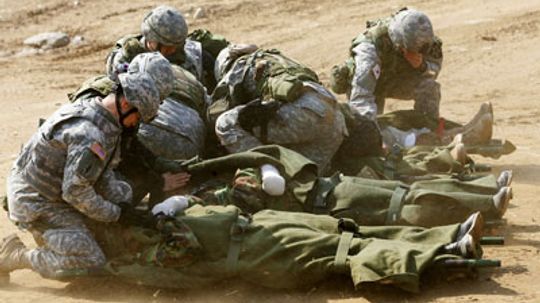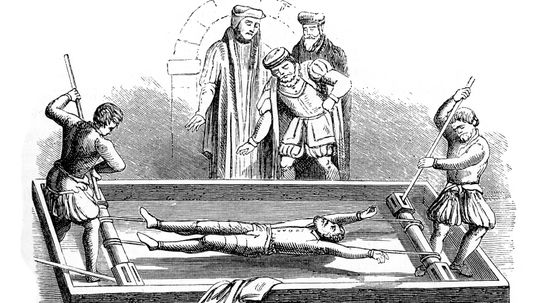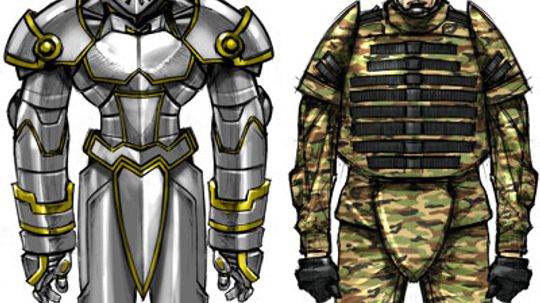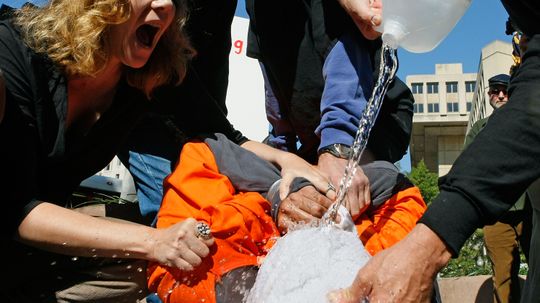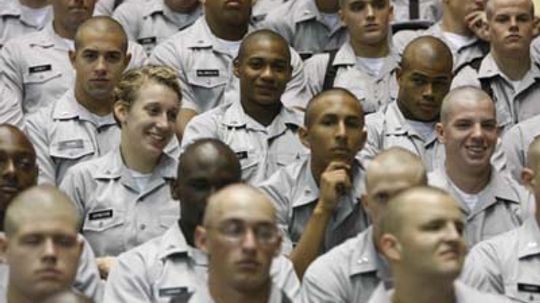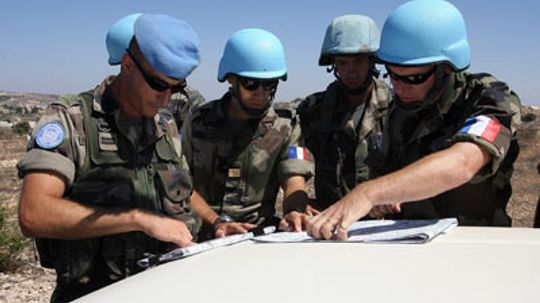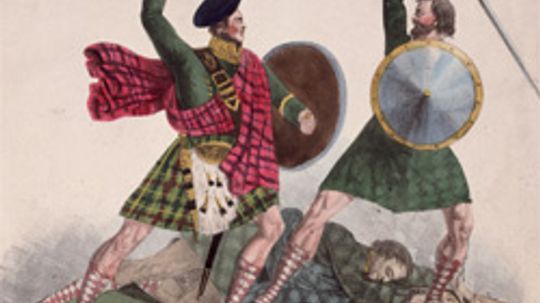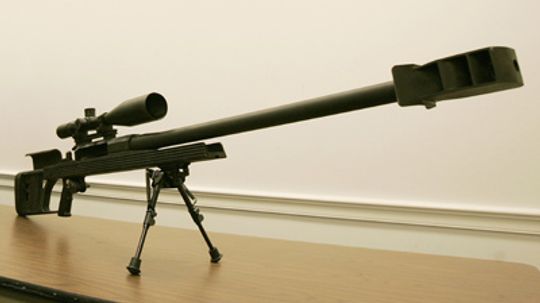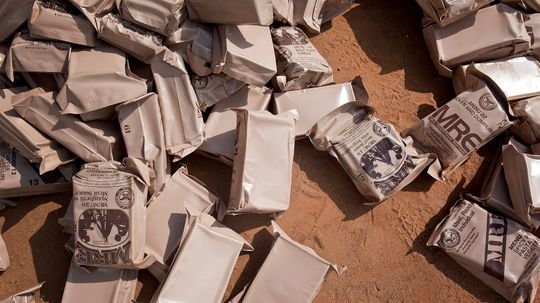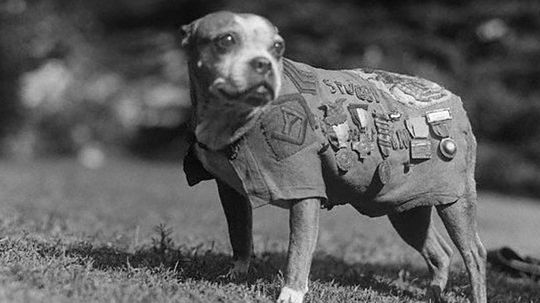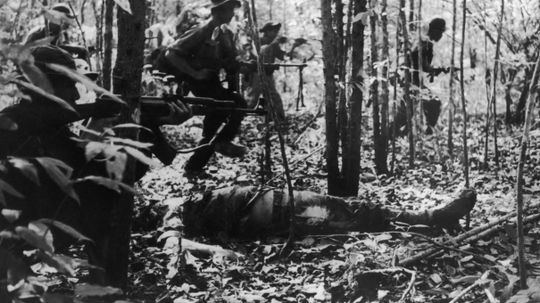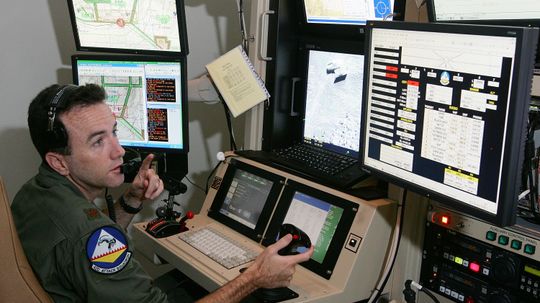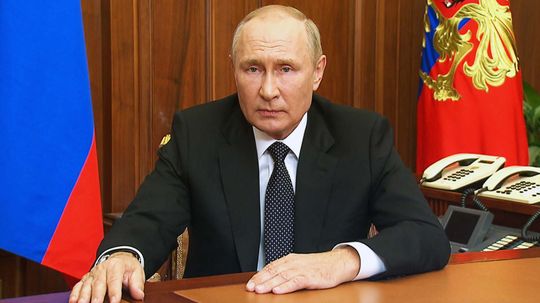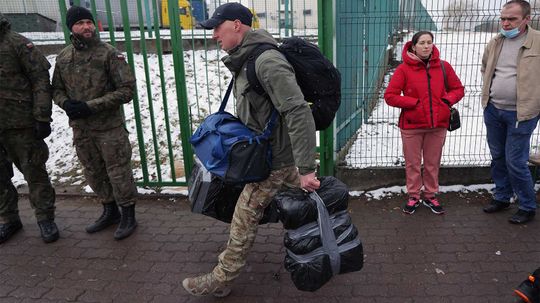Soldiers
Ever wondered what it's like to be a soldier? This section defines the people, technology and science used to equip soldiers. Articles here range from the technology of war and military snipers to gas masks and body armor.

Watch Your Six: Military Jet Pictures
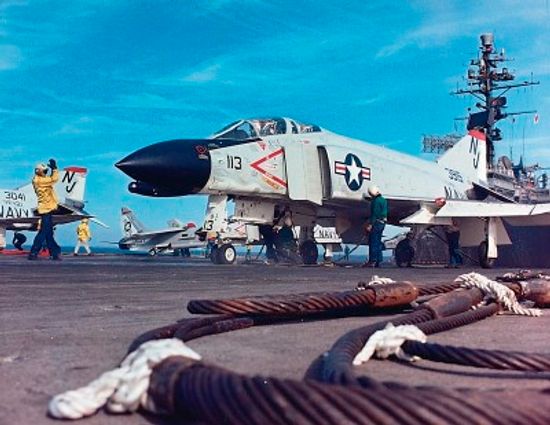
McDonnell Douglas F-4 Phantom II
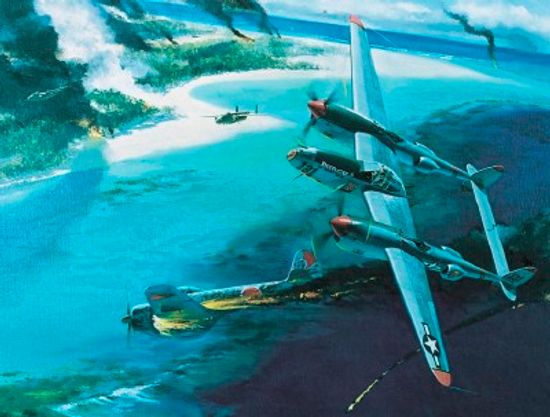
Lockheed P-38 Lightning
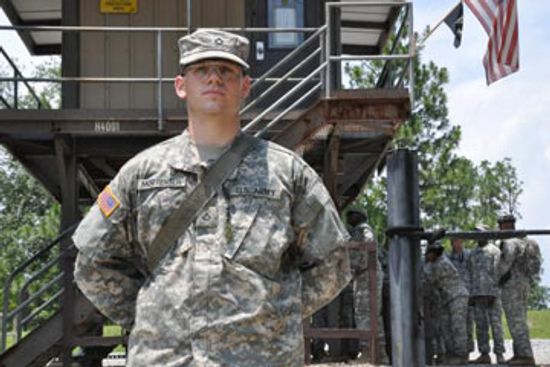
Does Army experience help your civilian career?
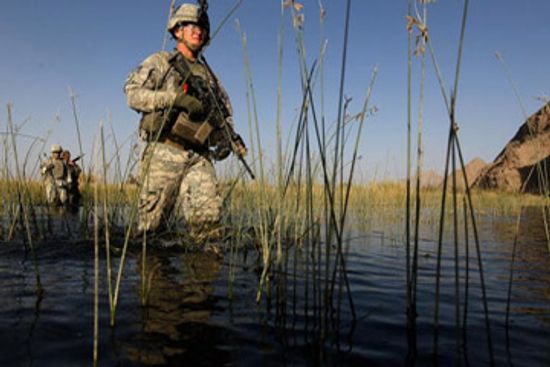
How NCO Professional Development Ribbons Work
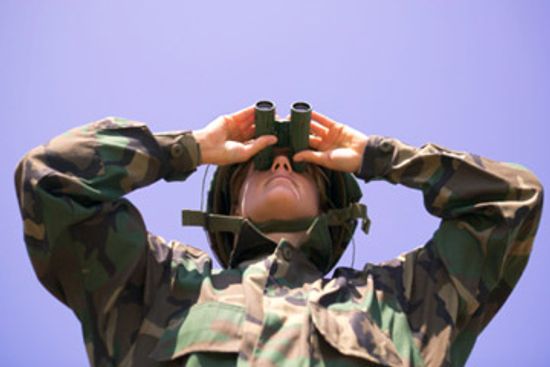
How Army Reconnaissance Jobs Work

How Agent Orange Worked
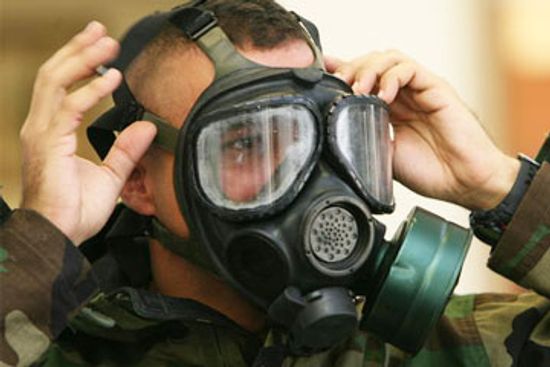
How Biological and Chemical Warfare Works
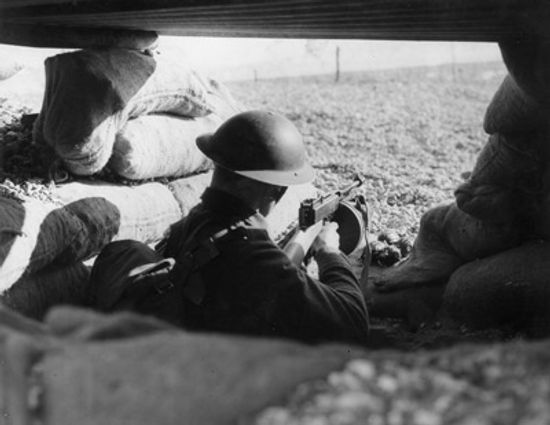
How Mustard Gas Works
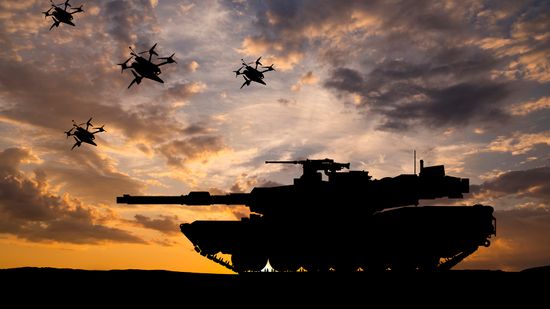
What Is the Strongest Military in the World?
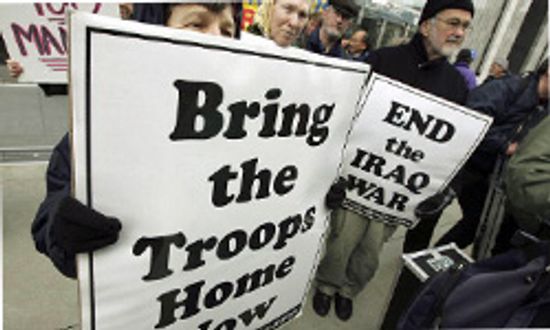
5 Countries That Ditched Their Military Forces
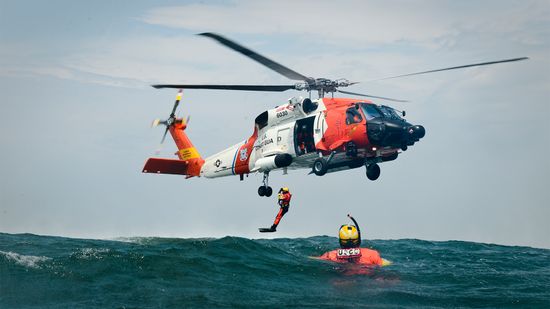
Coast Guard Rescue Swimmers Risk All to Save Lives
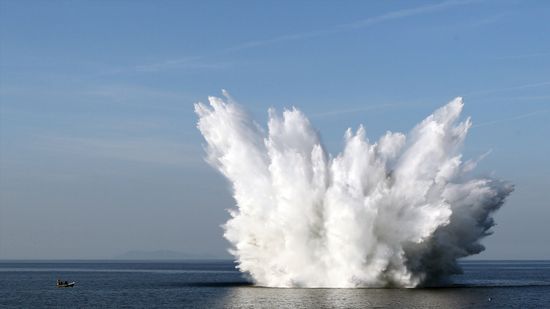
Anatomy of an Underwater Explosion

Can You Really Outrun an Explosion?
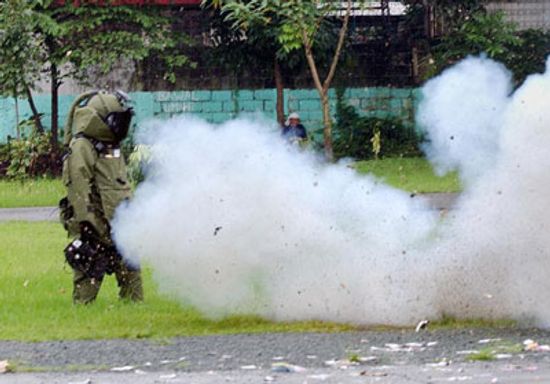
How Blast-resistant Clothing Works
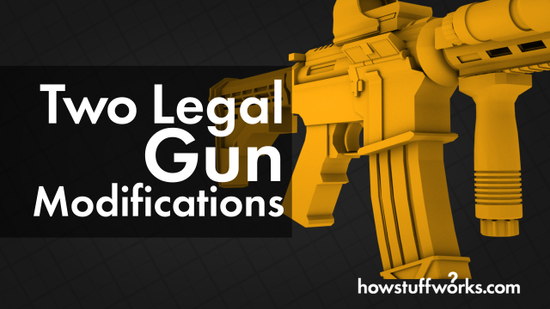
HowStuffWorks Illustrated: Two Legal Gun Modifications

Gun Pictures
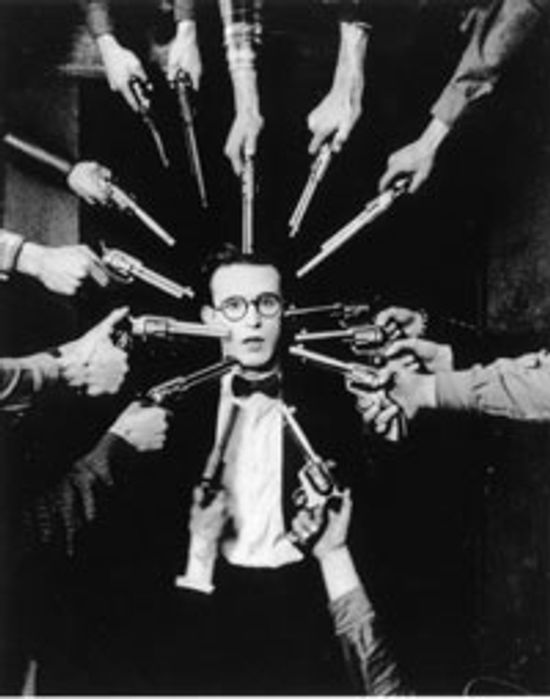
What's the world's smallest gun?
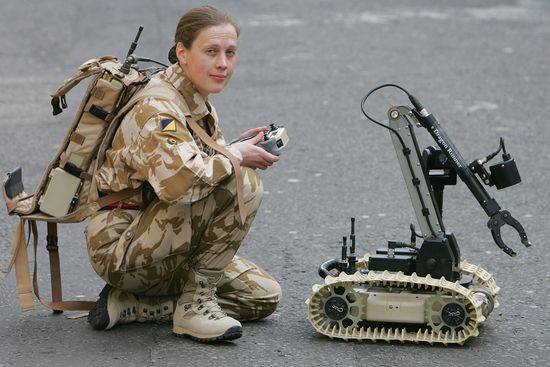
Are robots replacing human soldiers?
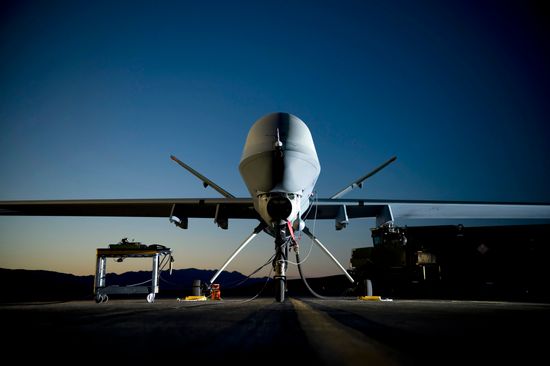
Can drones replace fighter jets?

Do wars drive technological advancement?
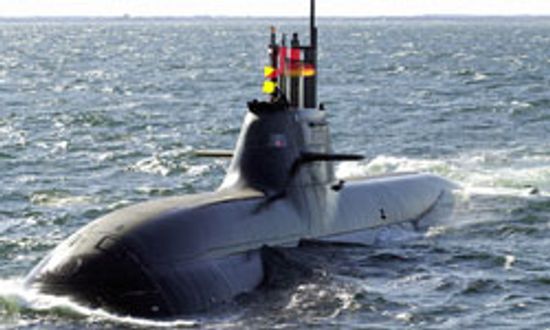
Submarine Pictures
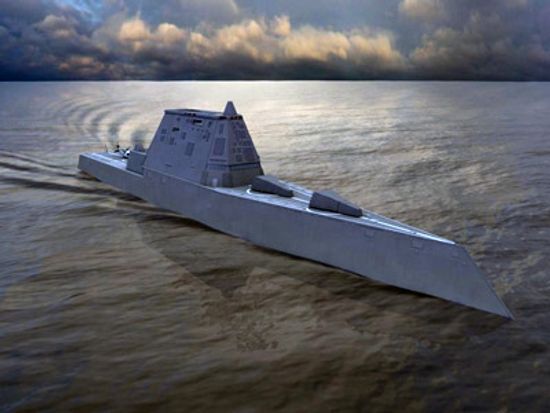
How the Zumwalt Class Destroyer Works

How Aircraft Carriers Work
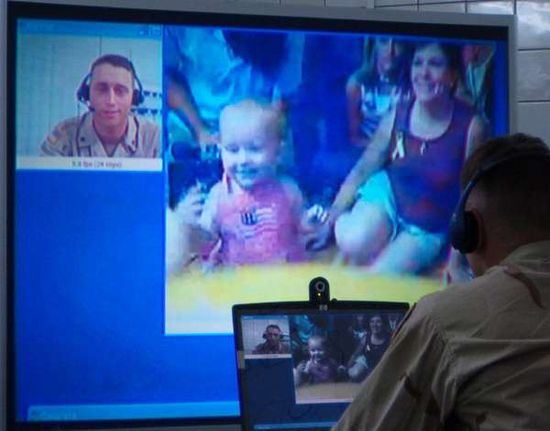
How Military Video Conferencing Works

Ghillie: Fishing Aid and Inspiration for Camo Suits

10 Insane Disguises That Actually Worked

How Code Breakers Work
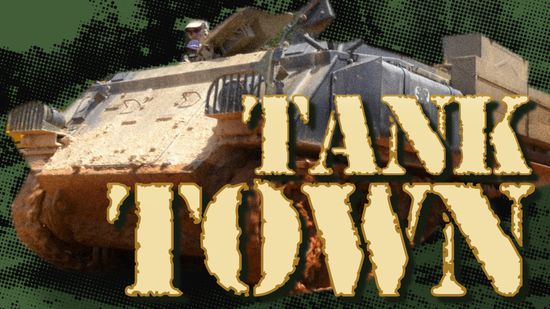
YOU Can Drive a Tank!
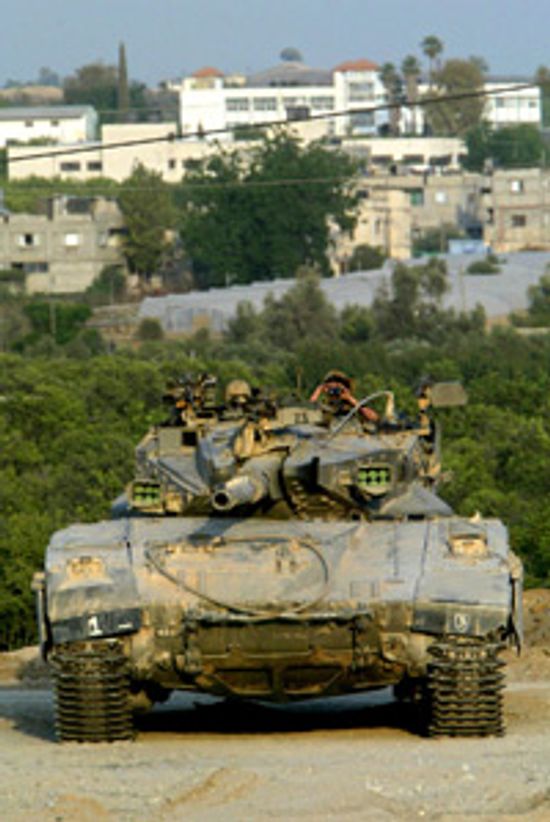
Is the army testing an invisible tank?
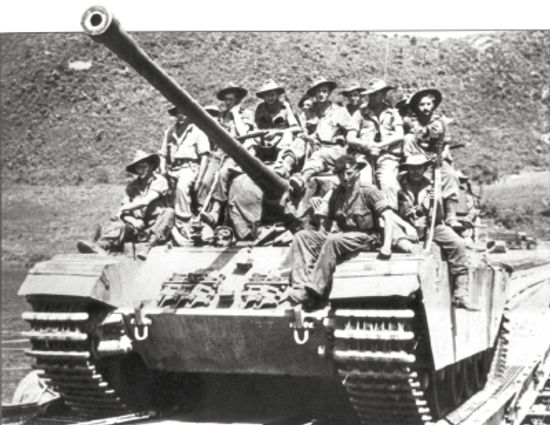
Centurion Main Battle Tank
Learn More
Most experts agree that the all-volunteer military is what makes the U.S. armed forces the best in the world. Would that change if the draft was reinstated?
People have been fighting with one another longer than humans have recorded their history. But what was the first war?
Soldiers rely on all kinds of high-tech gadgets to help them get their jobs done. Some of them are specially designed for military use, while others are gizmos you might have in your pocket right now.
Advertisement
While it says it doesn't participate in physical torture, the United States government has a manual of techniques to make prisoners talk. But are they torture?
By Josh Clark
Companies are reporting waiting lists for gas masks. Learn how these devices work and what they can actually protect you from.
Body armor is essential for many people in high-risk professions. The strange thing is, the most common armor is actually a high-tech, soft netting. Learn how modern armor technologies stop bullets.
By Tom Harris
Camouflage is critical in military operations. Learn about different types of camouflage and see how the art of blending in is keeping up with modern detection systems.
By Tom Harris
Advertisement
Game theory isn't about people scratching their heads over a never-ending game of Monopoly. Serious theorists, like Henry Kissinger, used it to form war strategies.
By Tom Scheve
Somewhere in the world, a prisoner likely is enduring torture right now. Human rights organizations have made it their mission to report these crimes against men, women and children. Here are 10 of the most common ways torture is perpetuated in modern society.
Body armor is about to undergo the biggest change in centuries -- new liquid formations are making Kevlar much lighter and more flexible to wear. Find out about this new technique for making body armor more wearable.
In 2007, Attorney General nominee Michael Mukasey came under fire for refusing to classify water boarding as torture. What does water boarding entail? Does it work?
By Julia Layton
Advertisement
Once you pass through this school's gates, you leave your civilian clothes and ordinary life behind and join the South Carolina Corps of Cadets. It's a far cry from the adventures of a typical, clueless college freshman. So what's knob life like?
Have you always thought of yourself as more of a Jean-Pierre than a Jon? Good news, you can still be that guy, provided you're willing to fight for France for five years.
These 10 technologies changed war and the course of history as we know it. Some of these battlefield innovations, like adding grooves to gun barrels, are surprisingly simple. So what else made our list?
Bullet-resistant glass seems flimsy once you compare it with transparent aluminum armor. Will this new heavy-duty material soon be shielding soldiers and police officers?
By Tom Scheve
Advertisement
It is pretty common to hear someone on the news say, "The crowd was dispersed with tear gas." What is tear gas? What does it do?
Coalition troops have been surviving mainly on MREs (Meals Ready to Eat) for most of Operation Iraqi Freedom. Learn what these portable, adaptable and absolutely essential pieces of military technology are all about.
Formerly known as "shell shock," research into post-traumatic stress disorder began intensely after Congress requested a study of how Vietnam veterans were readjusting to civilian life in 1983. What have we learned since then about PTSD and what are the symptoms?
By Josh Clark
There's more to being a sniper than lining up your target in the crosshairs and pulling the trigger -- try lying in the same position for days at a time.
Advertisement
The U.S. Navy SEALs exemplify unconventional warfare. Find out how conventional and unconventional warfare differ in this article.
Was a dog really the first to encounter bin Laden? We may never know, but we do know that man's best friend has been serving in wars for centuries, getting soldiers smokes, sniffing out bombs and patrolling borders. Why do canines make such good soldiers?
In one of its more bizarre moments, the U.S. Army created voice tapes of allegedly wandering souls to depress Viet Cong morale.
By Alia Hoyt
Why the skies aren't exactly so friendly for drone pilots.
By Chris Opfer
Advertisement
President Vladimir Putin ordered a partial mobilization in Russia during an address to the nation. What does that mean for citizens there and in Ukraine?
By Sarah Gleim
Ukraine is seeking foreign volunteers to join the fight against the Russians. But unless you've got military experience and elite skills, you probably should stay home.
